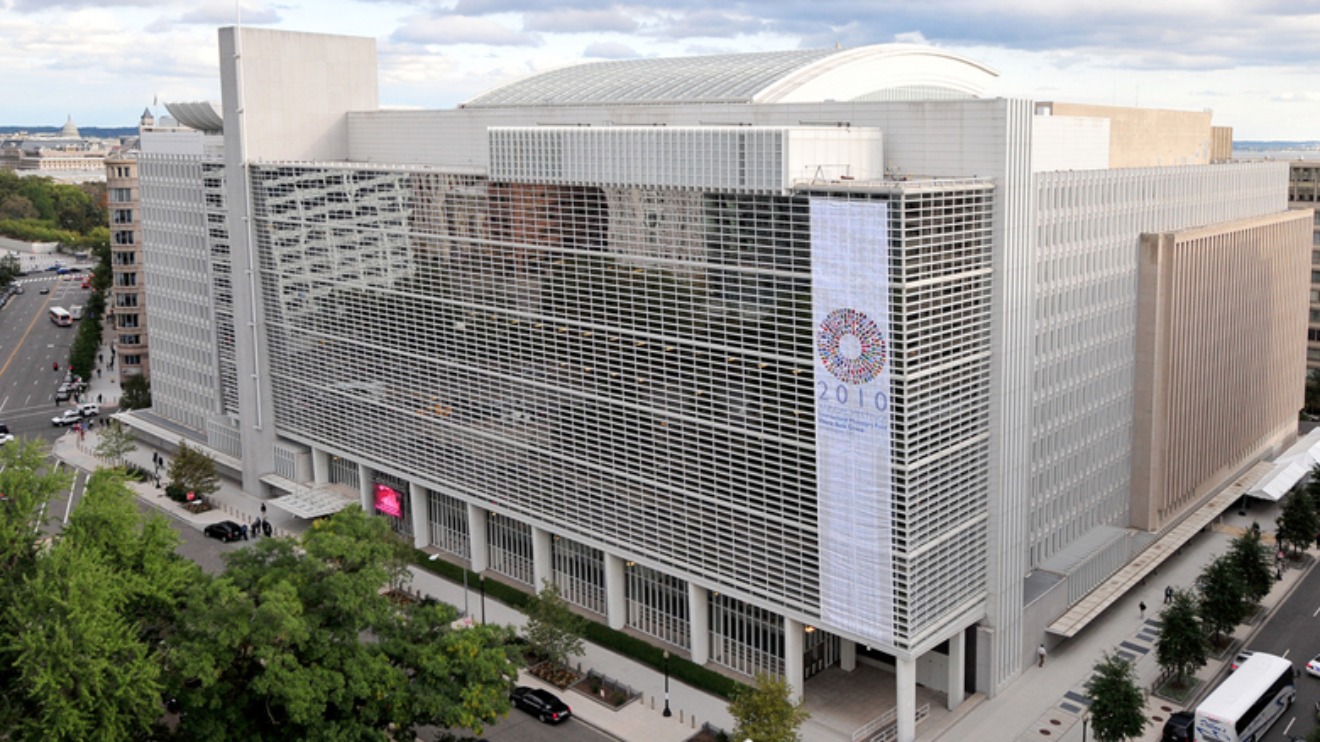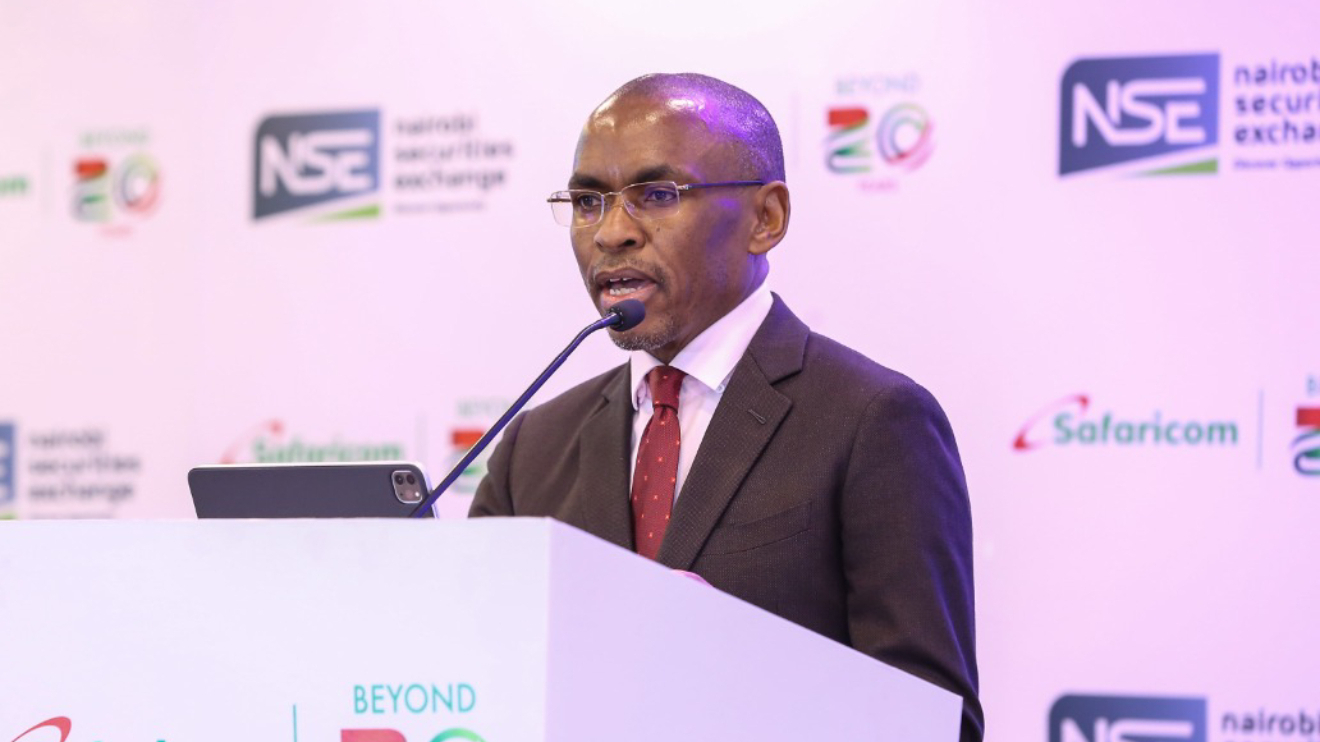The World Bank has revised Kenya's economic growth projection for 2024 to 4.7 per cent, down from an earlier estimate of 5.0 per cent.
In its latest Kenya Economic Update report, the bank cited the adverse effects of flooding, anti-government protests, and faltering fiscal consolidation efforts as key factors behind the downgrade.
Despite some stabilisation in Kenya’s foreign exchange rate, improved hard currency reserves, and reduced inflation, the World Bank warned that the country remains at high risk of debt distress.
"Debt vulnerabilities including elevated debt servicing costs, accumulated pending bills, and missing revenue targets remain key challenges," the report stated.
The revised growth estimate is lower than the 5.6 per cent growth achieved in 2023 but still surpasses the projected 3.0 per cent average for sub-Saharan Africa.
Read More
The World Bank suggested that Kenya’s economic growth could recover to 5.1 per cent in the medium term if the government successfully addresses its fiscal challenges.
The report highlighted significant revenue shortfalls, which forced the government to implement further spending cuts.
Rising financing needs have led to increased domestic borrowing, compounding existing economic challenges.
"Revenue shortfalls resulted in additional spending cuts, and rising financing needs resulted in increased domestic borrowing," the World Bank noted.
Social and financial challenges have also weighed heavily on the economy. Deadly protests in June, spurred by unpopular tax hikes aimed at raising over $2 billion (approximately Sh259 billion) in revenue, dampened investor confidence.
These protests followed widespread flooding in April and May, which disrupted economic activity in various regions.
The banking sector has also faced headwinds, with non-performing loans increasing as borrowers struggle under the pressure of high interest rates and slowing economic activity.
The World Bank urged the government to address "structural imbalances" that hinder Kenya’s long-term growth prospects.
It emphasised the need for sustained and inclusive growth that creates better-quality jobs for Kenyans.
Kenya's fiscal policies remain under scrutiny as the nation navigates a challenging economic landscape marked by social unrest, fiscal constraints, and environmental disruptions.
Whether the government can enact meaningful reforms to reverse the downward trajectory remains to be seen.


-1757243598.jpg)





-1757244564.jpg)

-1757101509.jpg)